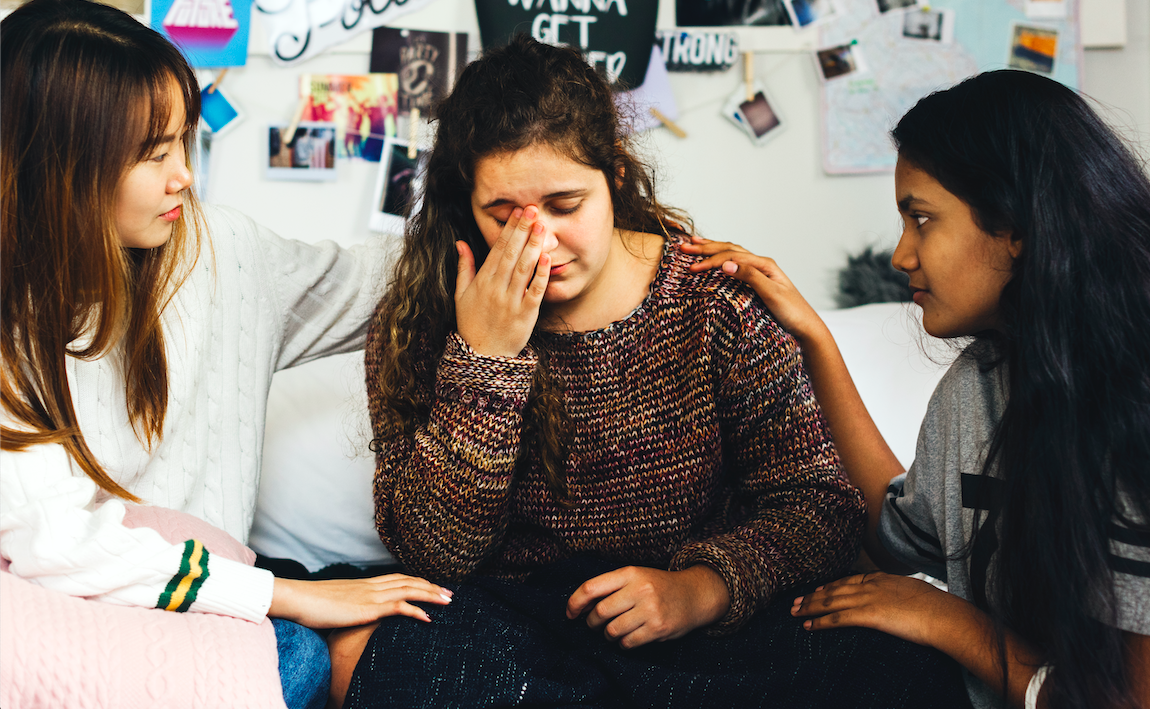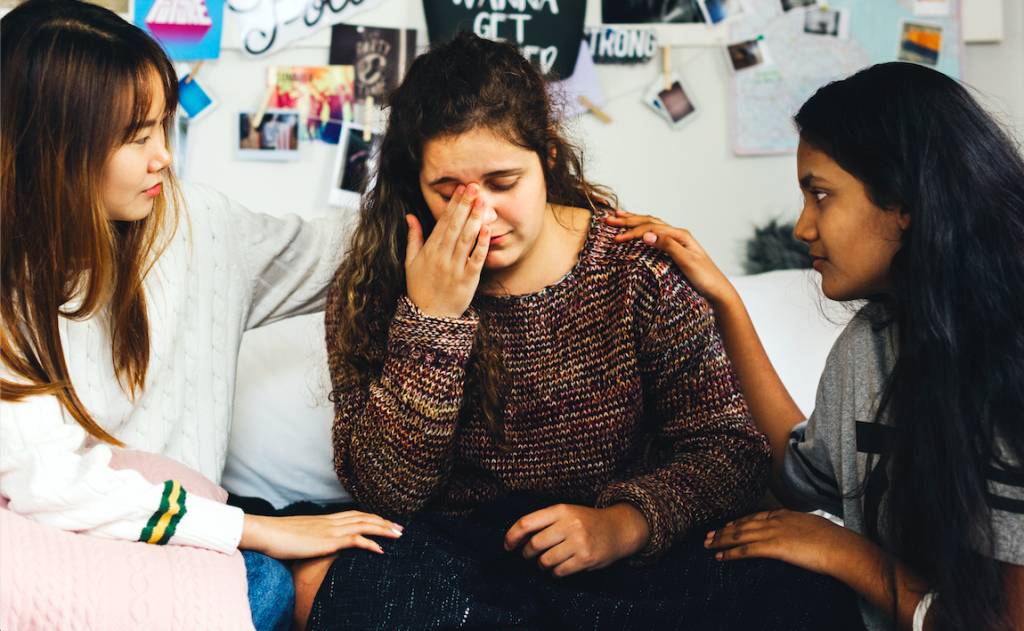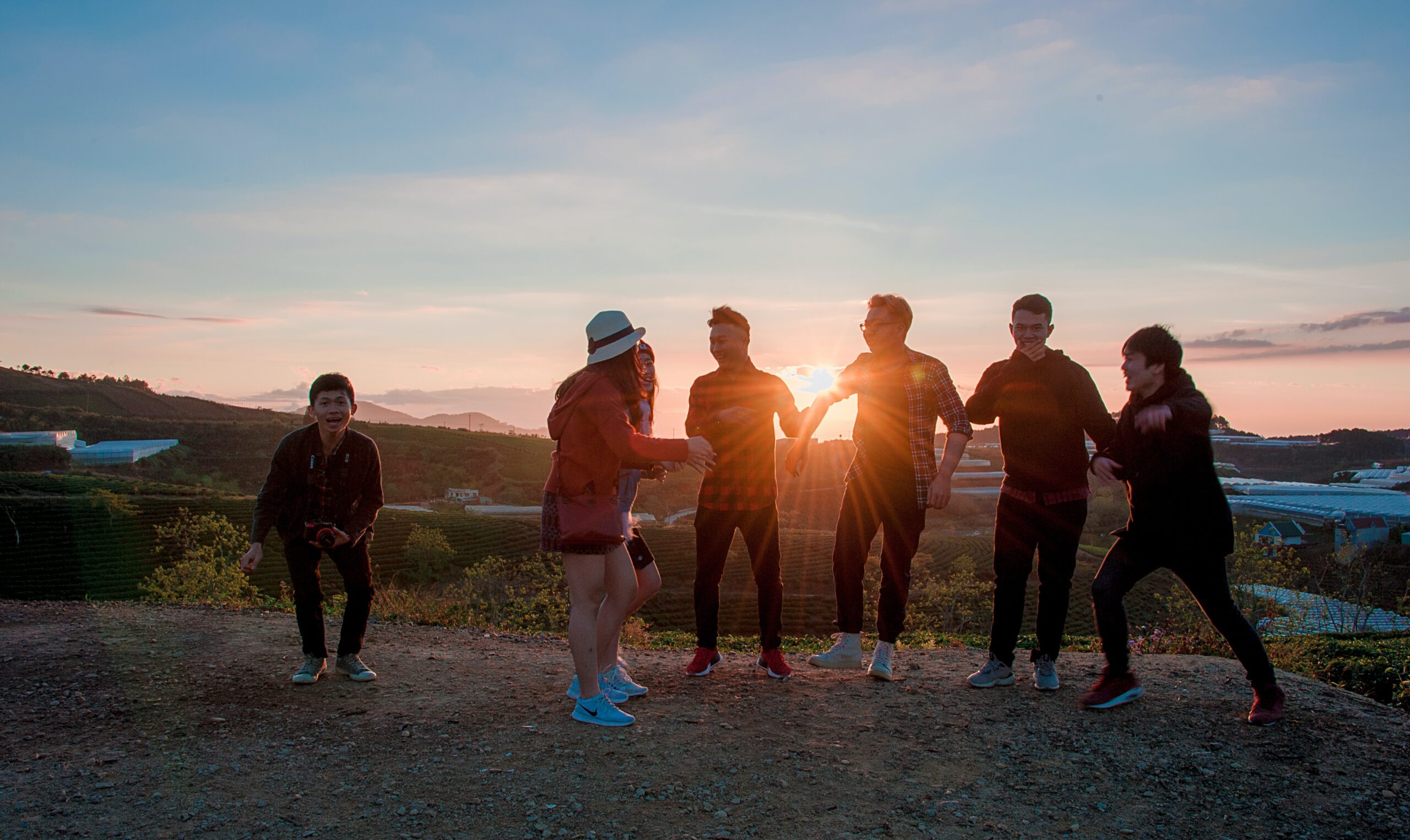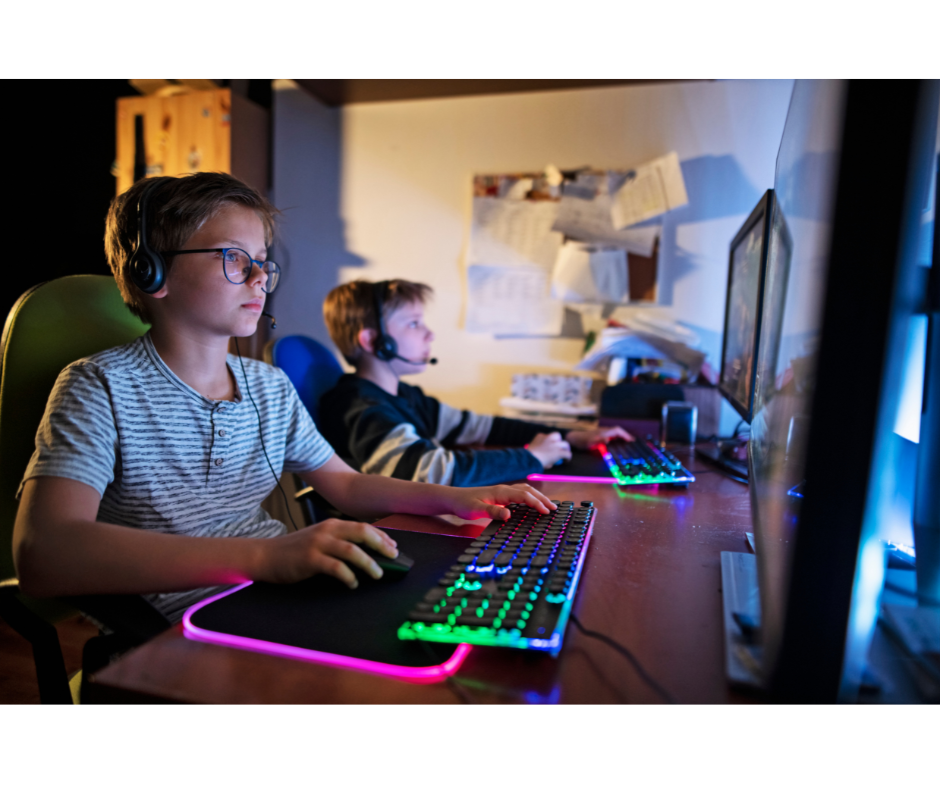
How to Help Gen Z Develop Empathy in Personal Relationships
Today’s blog is from Grace Hooley. Grace is a next gen researcher, writer, and Content Coordinator for Growing Leaders.
While I (Grace) was in university, I studied with a fellow peer who had his finger on the pulse of the world. In every class or club he was in, Nick spoke of justice and political reconciliation that should be happening on a global scale. From green energy to feeding the hungry, he carried a wealth of knowledge about issues. He captivated groups on campus and was widely known as someone who could talk your ear off about the intricacies of the world’s deepest social fractures and injustices.
With all of this knowledge, you’d think he was someone who attracted others and drew them into his presence, but sadly, what I observed was exactly the opposite.
One morning, I witnessed Nick and another student get into an argument about the topic of Black Lives Matter. While Nick spoke of justice and liberty for all, and the need for domestic and global change, this other student carefully pointed out that Nick was a hypocrite for claiming he cared about an issue so deeply, without ever speaking or engaging with those he claimed to be fighting for. Shocked and wounded from a bruised ego, Nick demanded further explanation.
This student proceeded to point out that while our campus had a Black Student Union, he never once stopped in for a meet-and-greet or public forum. He never once took the time to talk to the people on his campus he said he cared deeply for. He demanded justice globally, but he never once took action locally. This student said it appeared as though Nick cared more about the idea of justice, but not those around him that it personally impacted.
Nick is just one example of a growing trend among young people. In fact, there is now a term for this phenomenon. What this student was pointing out was that while Nick seemed to possess macro-empathy, he lacked micro-empathy.

How Gen Z Uses Empathy
Empathy is simply defined as, “the action of understanding, being aware of, being sensitive to . . . the feelings, thoughts, and experience of another.” Interestingly, our definition of empathy doesn’t specify the quality or focus of our feelings.
While empathy has remained the same over time, the scale of our empathy seems to be changing. Macro-empathy is empathy for large groups, such as the LGBTQ+ community or women across the world. Micro-empathy, on the other hand, is empathy from person to person; interpersonal empathy.
There seems to be a growing trend in students who show deep care for issues of injustice on social media or who demand change after seeing people suffering on the nightly news, but these same students struggle to care for and empathize with the people in their own house or school. They seem to care more about humanity as a whole rather than the specific human beings they encounter.
To put it another way, this generation seems to be growing up with an abundance of macro-empathy (care for the world), but they lack micro-empathy (care for the face in front of them).
Developing high empathy overall in young people serves as a framework for social empowerment — it makes a young person feel as though they can make a difference. This is not only mentally healthy for a budding young person, but studies show high levels of empathy can bring about:
- Greater success personally and professionally — We know Generation Z is ambitious.
- More success in leadership positions — We know Generation Z has the potential to become great leaders.
- A healthy ability to handle conflict — We know Generation Z will encounter multiple interpersonal obstacles that they are currently not prepared to overcome.
- Lower levels of stress — We know the word Generation Z uses most to describe how they feel is “overwhelmed.”
While these possible outcomes are exciting, Generation Z has a tendency to exercise only half of their empathetic abilities. I believe if we prepare them well, we can help them reap the entirety of the benefits listed above.
Helping Gen Z Develop Micro-Empathy
So, how do we learn from their macro-empathy while also helping them develop micro-empathy? I believe there are a few simple practices that can help us make these important changes:
1. Listen.
The first step is to listen to what they care about and why. There’s a reason this youngest generation cares the way they do about humanity as a whole. Our best start is to do a great job of listening well, without the intent to respond. In this way, we are learning from them about their care for the world (macro-empathy) while modeling for them what it looks like to engage with another person (micro-empathy).
2. Ask.
Our next step is not to tell them what we think, instead start to transition by simply asking critical thinking questions. Dig in deeper. Questions help us understand, and in return, they will help our students think about their own stances and why they have them. Here are a few questions you might be able to use to dig deeper:
- When did you first become passionate about that issue and why?
- Who is one person you know who faces this issue in their life?
- What is one thing you could do in your community to address that problem?
3. Pivot.
“Friends” reference aside, I do believe that the final step is to slowly pivot the conversation, through listening and asking, to a place where they can move from macro opportunities for empathy to micro opportunities for empathy. Transition the conversation from Black Lives Matter in the U.S. as a whole to their belief on how that is being applied in their own community, school, or group of friends. It may take a few conversations before this happens — be patient — this final step is crucial.
Micro-Empathy is the microscope through which we can find opportunities to develop our communities so they reflect our passions — walking the walk, not just talking the talk. It puts a human face to the issues we care about. Certain leaders from world history have embodied this with zeal.
It Starts At Home
While fighting for civil rights, Martin Luther King, Jr.’s ultimate goal in the civil rights movement was to achieve one big dream — equal rights, but in order to do this there needed to be smaller contributions in each community from lesser known individuals. To encourage this small scale empathy, he reminded his listeners, “If I cannot do great things, I can do small things in a great way.”
Similarly, I was inspired by a line from the Nobel Peace Prize acceptance speech of Mother Theresa, the great saint of Calcutta. In her remarks, she reminded everyone listening that the significance of her accomplishments was not the world-wide impact, but the simple everyday efforts she made.
“Love begins at home.” She said, “and it is not how much we do, but how much love we put in the action that we do.”
Both of these statements remind us of a great truth: the passion that all of us might have for the global issues of injustice still alive today should be developed and matured in our daily interactions with the people around us. We cannot say we stand for love and ignore our neighbor on the street. We cannot say we stand for equality and ignore the plight of our co-worker. The tie between micro- and macro-empathy happens in our daily lives — a lesson we could all remember.
Generation Z has a burning fire and passion to see great things come to pass in our world. They just need the right push to see that perhaps their empathic gifts are best used with the person sitting right next to them.






